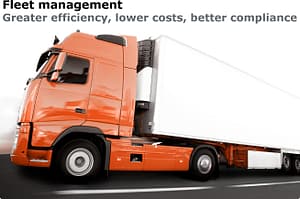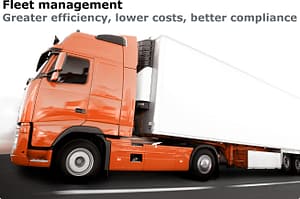 Fleet Cost-Reduction Strategies: Direct Expenses
Fleet Cost-Reduction Strategies: Direct Expenses
Use the right vehicle with the right equipment for the job. Feature and model creep are common causes of excess fleet vehicle depreciation. Drivers love four-wheel drive, extended cabs, plush leather seats, V-8 engines, and all kinds of other features. While providing fleet vehicles with those options may be good for morale and can be a good business decision, it will add to the depreciation cost. Trading in older vehicles for more fuel efficient fleet vehicles is also a good decision and this will be discussed further. Also, choosing fleet vehicles without regard to expected resale value can result in higher depreciation. For example, if you convert fleet vehicles from SUVs to sedans and remove some unnecessary amenities you can save up to hundreds of thousands of dollars in fleet expenses.
Negotiate well with vehicle manufacturers. After selecting the right vehicle, acquire it for the best possible price. Vehicle manufacturers compete aggressively for market share and have significantly increased purchase incentives for fleet customers who buy new vehicles. By sourcing with only one manufacturer, your fleet can improve net discounts by approximately 5%, reducing depreciation by up to $225,000 per year.
